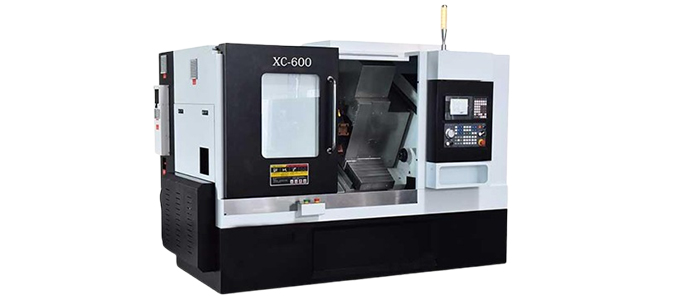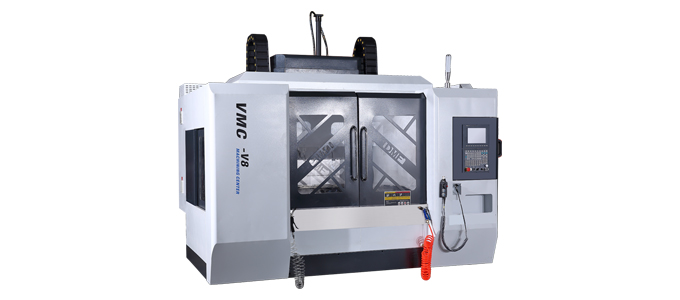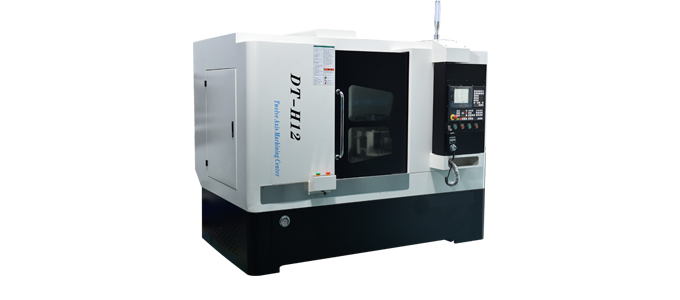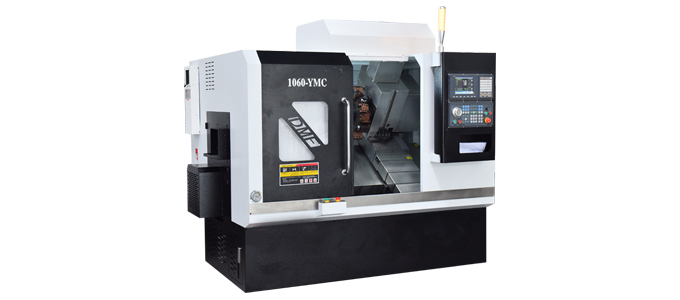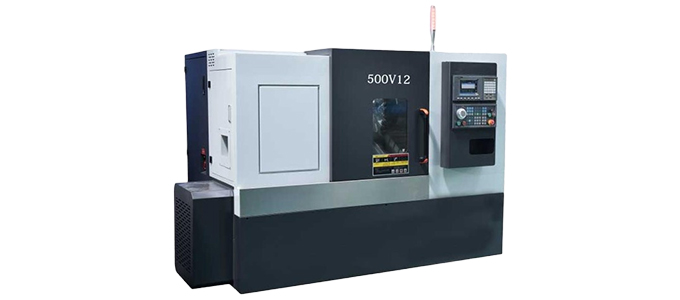The marine industry is continually evolving, with advancements in technology driving improvements in the production of components. CNC (Computer Numerical Control) lathe machines have been at the forefront of this transformation, offering the precision and efficiency required to manufacture critical parts such as rudder shafts, propeller shafts, porthole fittings, marine valves, pipe joints, elbows, and flanges. As the industry moves forward, CNC lathe machines will play an increasingly important role in ensuring the reliability and performance of modern vessels.
CNC lathe machines operate through computer-controlled commands that guide the movement and operation of the tools. This automation allows for the production of parts with exact specifications, minimizing errors and enhancing consistency. The ability to produce complex shapes and detailed features with high precision makes CNC lathe machines ideal for the marine industry.
Rudder shafts are essential for the steering of ships, and their production requires precise machining to ensure reliable performance. CNC lathe machines can turn raw metal into accurately dimensioned rudder shafts, maintaining the integrity and functionality of the steering system. The precision offered by CNC machines ensures that rudder shafts can withstand the harsh conditions of the marine environment.
Propeller shafts, which transmit power from the engine to the propeller, also require high precision. Any deviation in the dimensions of these shafts can cause operational issues, such as vibrations and inefficiencies. CNC lathe machines can manufacture propeller shafts to exact specifications, enhancing the overall performance and durability of the vessel.
The production of porthole fittings and marine valves benefits significantly from CNC machining. Porthole fittings must provide a watertight seal, while marine valves need to control fluid flow accurately. CNC lathe machines can produce these parts with intricate designs and tight tolerances, ensuring their proper functionality and reliability in marine applications.
Pipe joints, elbows, and flanges are essential components of the ship's plumbing and exhaust systems. CNC lathe machines can manufacture these parts in various shapes and sizes, ensuring precise fits and leak-proof connections. The ability to customize these components according to specific requirements is a significant advantage of CNC machining, enhancing the overall efficiency of the ship's systems.
As CNC technology continues to advance, the future of CNC lathe machines in marine component manufacturing looks promising. Innovations such as enhanced software, more precise tooling, and faster processing speeds will further improve the capabilities of CNC machines. These advancements will enable the production of even more complex and precise parts, meeting the ever-increasing demands of the maritime industry.
In conclusion, CNC lathe machines are essential for the production of marine components, providing the precision, efficiency, and reliability needed for modern vessels. The ability to manufacture rudder shafts, propeller shafts, porthole fittings, marine valves, pipe joints, elbows, and flanges with high accuracy ensures the safety and performance of ships. As technology continues to evolve, CNC lathe machines will play a crucial role in the future of marine component manufacturing, driving innovation and improving the quality of maritime parts.


